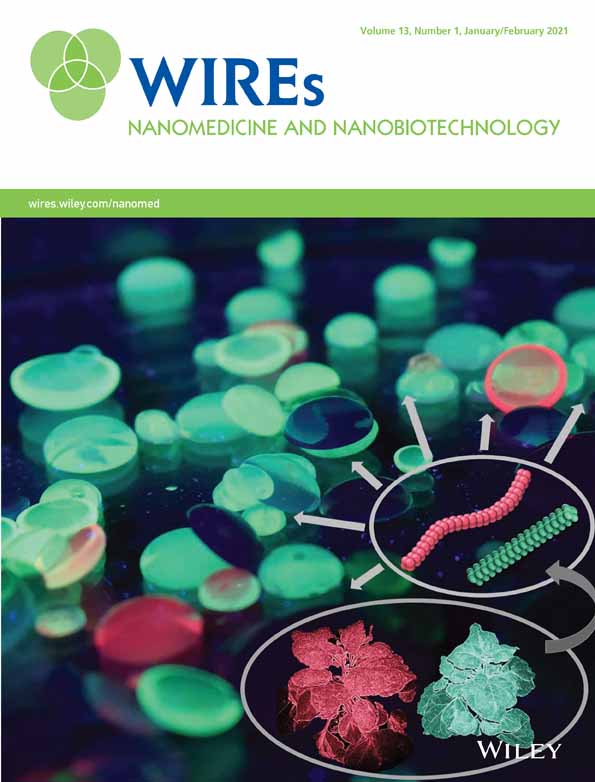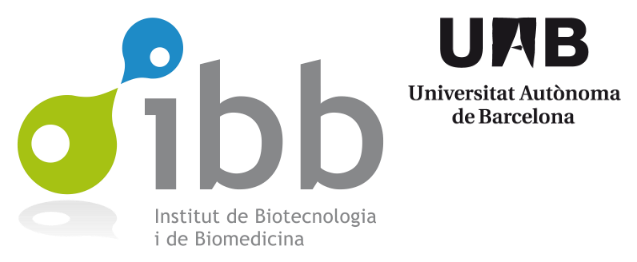 First published: 13 December 2020
First published: 13 December 2020Abstract
Lysosomal storage disorders (LSDs) are a group of rare diseases in which the defect of a lysosomal protein results in a pathogenic accumulation of nonmetabolized products within the cells. The main treatment for LSDs is enzyme replacement therapy (ERT), consisting in the exogenous administration a recombinant protein to replace the defective one. Although several diseases such as Gaucher, Fabry, and Pompe are treated following this approach, ERT is limited to LSDs without severe neuronal affectation because recombinant enzymes do not cross the blood–brain barrier. Moreover, ERT shows additional drawbacks, including enzyme low half‐life, poor bioavailability, and immunogenic responses. In this scenario, nanotechnology‐based drug delivery systems (DDS) have been proposed as solution to overcome these limitations and improve the efficacy of ERT. The present review summarizes distinct approaches followed by our group and collaborators on the use of DDS for restoring lysosomal enzymes in disease‐affected cells. During the last decade, we have been exploring different synthetic nanoparticles, from electrolytic complexes, to liposomes and aggresomes, for the delivery of α‐galactosidase A (GLA) enzyme. Studies were mainly conducted on Fabry disease models, but results can be also extrapolated to other LSDs, as well as to other diseases treated with alternative therapeutic proteins. The advantages and disadvantages of different DDS, the difficulties from working with very labile and highly glycosylated enzymes and the relevance of using appropriate targeting moieties is thoroughly discussed. Finally, the use of natural DDS, namely extracellular vesicles (EVs) is also introduced.
This article is categorized under:
- Therapeutic Approaches and Drug Discovery > Nanomedicine for Neurological Disease
- Therapeutic Approaches and Drug Discovery > Nanomedicine for Cardiovascular Disease
- Therapeutic Approaches and Drug Discovery > Emerging Technologies
